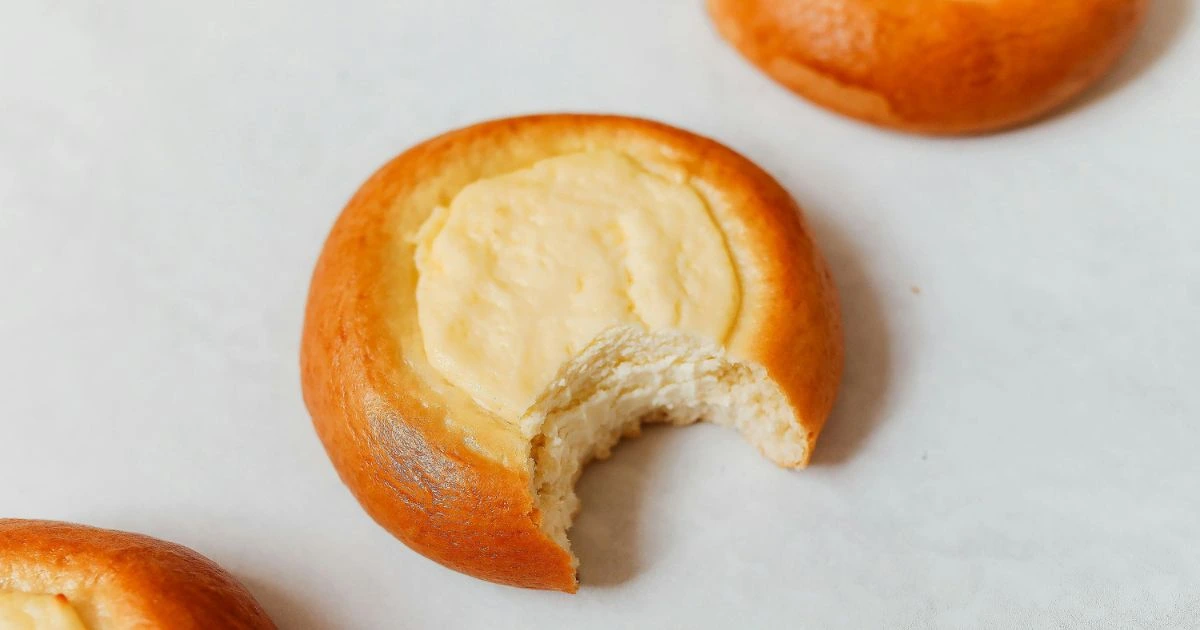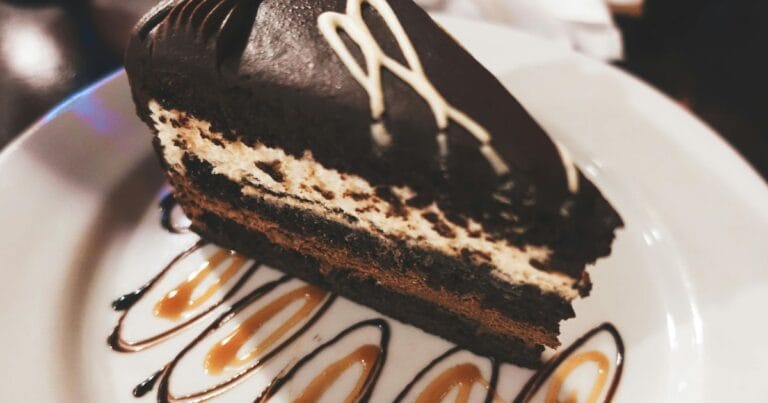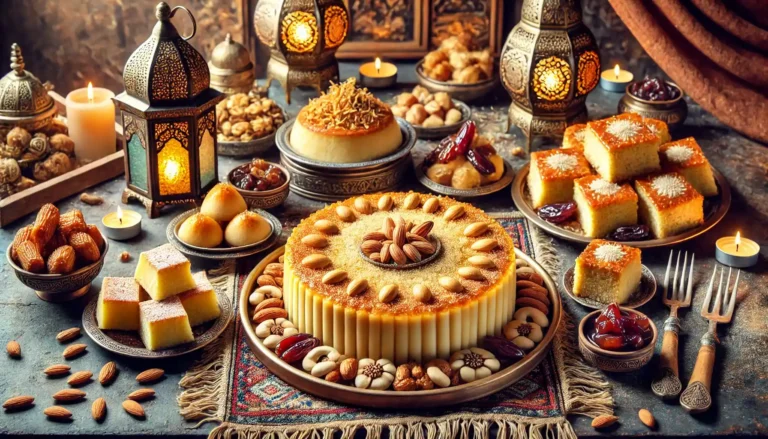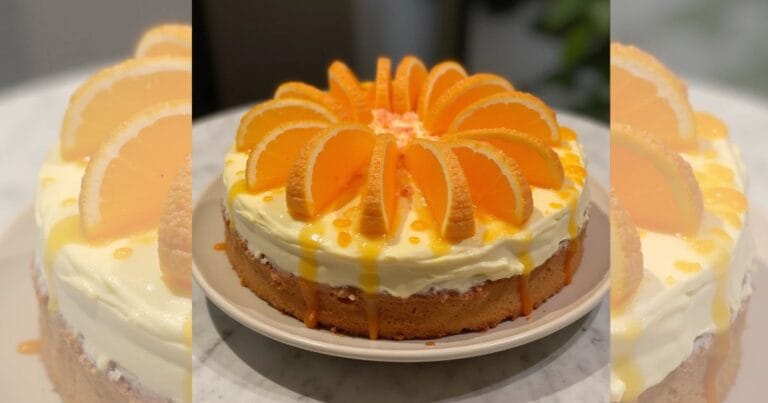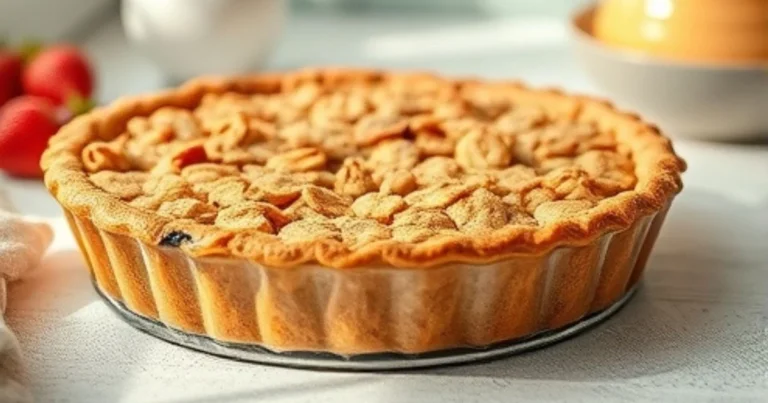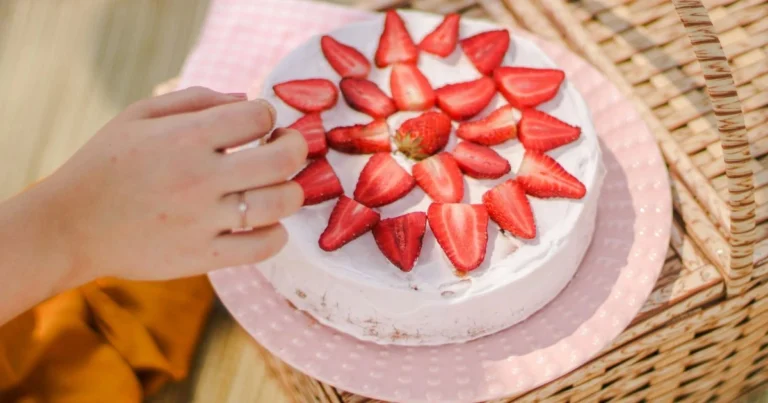Traditional Hakka Salted Eggs: A Time-Honored Recipe Revealed
Discover the art of making authentic Hakka salted eggs, a cherished delicacy that transforms ordinary duck eggs into umami-rich treasures. This centuries-old preservation technique not only creates an incredible flavor but also yields that coveted bright orange, creamy yolk that food enthusiasts dream about.
Table of Contents
Why Hkia egg recipes Works
After consulting with Hakka families and testing multiple traditional methods, we’ve perfected a recipe that delivers consistent results while honoring ancestral techniques. Our method ensures the perfect salt concentration and aging time, resulting in salted eggs with that signature orange yolk and ideal texture.
What Makes It Unique
- Traditional Hakka brining method
- Precise salt-to-water ratio
- Temperature-controlled aging process
- Natural preservation techniques
Recipe Card
| Recipe Details | Time/Quantity |
|---|---|
| Prep Time | 30 minutes |
| Curing Time | 21-30 days |
| Total Time | 30 days |
| Servings | 12 eggs |
| Difficulty | Intermediate |
Ingredients
| Ingredient | Amount | Notes |
|---|---|---|
| Fresh duck eggs | 12 eggs | Room temperature, unwashed |
| Coarse sea salt | 250g | Iodine-free |
| Water | 1000ml | Purified water or natural spring water |
| Shaoxing wine | 2 tbsp | Optional, for traditional flavor |
| Star anise | 2 whole | Optional ingredient to add fragrance to brine |
| Sichuan peppercorns | 1 tbsp | Optional, for traditional flavor |
Equipment Needed
- Large glass jar (1.5L capacity)
- Small pot for boiling water
- Kitchen scale
- Thermometer
- Cheesecloth or coffee filter
- Dark storage area
Step-by-Step Instructions
Preparing the Brine
- Boil water and let cool to room temperature
- Dissolve salt in the cooled water completely
- Add Shaoxing wine and spices if using
- Strain solution through cheesecloth
Preparing the Eggs
- Carefully examine each egg for cracks
- Do not wash the eggs – natural coating helps curing
- Place eggs gently in clean jar
- Pour brine solution over eggs
The Curing Process
- Ensure all eggs are fully submerged
- Cover jar with clean cloth or loose lid
- Store in dark place at 68-72°F (20-22°C)
- Rotate eggs gently every 7 days
Testing for Doneness
- Remove test egg after 21 days
- Boil for 8 minutes
- Cut in half to check yolk color
- Continue curing if needed
Success Tips
Egg Selection
- Choose fresh duck eggs
- Look for clean shells without cracks
- Avoid pre-washed eggs
- Use eggs of similar size
Temperature Control
- Maintain consistent room temperature
- Avoid direct sunlight
- Check brine clarity weekly
- Monitor for any off odors
Expert Tips & Variations
What Sets This Recipe Apart
- Precise Salt Ratio: Tested for perfect salinity
- Temperature Control: Specific storage guidance
- Traditional Additions: Optional spices for authentic flavor
- Quality Indicators: Clear testing methods
Regional Variations
- Classic Hakka Style
- Plain brine solution
- No additional spices
- Maximum salt concentration
- Aromatic Version
- Added star anise
- Sichuan peppercorns
- Reduced salt slightly
- Wine-Enhanced
- Higher proportion of Shaoxing wine
- Shorter curing time
- More complex flavor profile
Troubleshooting Guide
Common Problems & Solutions
Problem: Eggs floating in brine
- Solution: Check salt concentration
- Remove any floating eggs
- Ensure proper submersion
Problem: Cloudy brine
- Solution: Normal if slight
- Change brine if very cloudy
- Check storage temperature
Problem: Yolks not orange enough
- Solution: Extend curing time
- Check brine concentration
- Verify egg freshness
Storage Guidelines
- Keep cured eggs refrigerated
- Use within 30 days
- Store uncooked in brine
- Cooked eggs last 1 week refrigerated
Nutritional Information
(Per salted egg)
- Calories: 130
- Protein: 9g
- Fat: 9g
- Sodium: 650mg
- Cholesterol: 420mg
Serving Suggestions
- Traditional: Boiled and served with congee
- Modern: Grated over dishes as seasoning
- Creative: In mooncakes or pastries
- Fusion: In pasta or as sauce base
Frequently Asked Questions
Q: Can I use chicken eggs?
A: Duck eggs are traditional and provide better results, but chicken eggs can work with adjusted curing time.
Q: How do I know if eggs have gone bad?
A: Check for off-putting smells, floating eggs, or extremely cloudy brine.
Q: Can I reduce the salt?
A: Not recommended – proper salt concentration is crucial for food safety and traditional flavor.
Expert Resources
- Chinese Culinary Institute – Traditional Preservation Methods
- Food Safety Authority – Egg Curing Guidelines
- Hakka Heritage Foundation – Traditional Recipes
Creating perfect Hakka salted eggs takes patience and attention to detail, but the results are worth the wait. Remember that consistency in temperature and careful monitoring during the curing process are key to success. With practice, you’ll be able to produce restaurant-quality salted eggs that connect you to centuries of Hakka culinary tradition.

